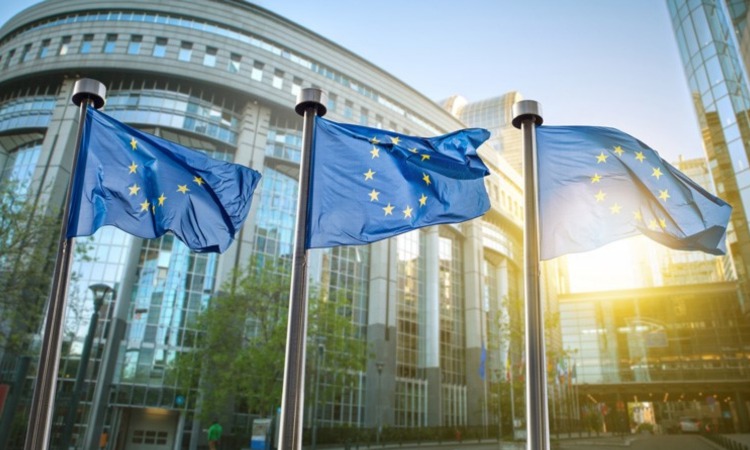UITP calls for measures to secure affordable energy supply for public transport
- Like
- Digg
- Del
- Tumblr
- VKontakte
- Buffer
- Love This
- Odnoklassniki
- Meneame
- Blogger
- Amazon
- Yahoo Mail
- Gmail
- AOL
- Newsvine
- HackerNews
- Evernote
- MySpace
- Mail.ru
- Viadeo
- Line
- Comments
- Yummly
- SMS
- Viber
- Telegram
- Subscribe
- Skype
- Facebook Messenger
- Kakao
- LiveJournal
- Yammer
- Edgar
- Fintel
- Mix
- Instapaper
- Copy Link
Posted: 28 October 2022 | Intelligent Transport | No comments yet
UITP highlights the negative consequences Europe’s energy crisis has for the local public transport sector and issues a statement calling for measures to support the industry so that it can continue to provide affordable mobility options to all citizens.


Credit: UITP
The International Association of Public Transport (UITP) has announced that it is issuing a statement calling for co-ordinated measures to secure an undisrupted and affordable energy supply for public transport amidst the energy crisis.
The European Commission has recognised public transport as the backbone of urban mobility and has highlighted its contribution to saving energy – and fulfilling this role means being available and affordable for all citizens.
According to UITP, the current energy crisis and the increasing inflation have negative consequences for the local public transport sector, impacting the mobility of people. In addition, the sector is still confronted with multiple challenges, for example, despite ongoing efforts to bring back passengers from the pandemic ridership falls, staff shortage is a serious concern, especially concerning drivers.
Various reflections and initiatives on tariffs are also ongoing across Europe. UITP has suggested that increasing costs, fewer passengers, lower revenues and a growing staff shortage are making it hard for local public transport to maintain the current service level when the goal should be to increase and improve the offer.
UITP signs declaration for improving accessibility in public transport
“Energy expenses represent the second highest operating costs of public transport. Metros, trams, buses and local trains – they all cannot run without electricity or fuels. We need to ensure that the public transport sector does not have to reduce its offer or pass the high costs on to passengers. Especially during an energy crisis, people need to have affordable mobility options,” said Minna Soininen, President of UITP’s European Union Committee.
Local public transport operators and authorities need strong support from European and national leaders to weather this crisis. Beyond the much-needed discussions on re-structuring the European Union’s energy market and decoupling electricity and gas prices, UITP calls for co-ordinated measures to secure an undisrupted and affordable energy supply for public transport:
- The Commission and Member States should acknowledge public transport as a strategic priority. Both the sector’s needs and its contributions to saving energy and providing affordable mobility options to households should be highlighted in future crisis-related communications
- Energy supply to public transport companies should be prioritised in case of a shortage. Member States need to consider public transport in their national crisis responses
- Member States should clarify how the increasing costs for providing public services will be covered. Operators and authorities need as much certainty as possible to plan for the months to come
- European and national leaders should enter in a dialogue with public transport stakeholders. Regular exchanges are needed to identify additional, appropriate measures for the local level.
According to the most recent Eurobarometer survey, 89 per cent of EU citizens are in favour of increasing their country’s investments in public transport infrastructure, highlighting significant support for change.
If you liked this, you may also be interested in:
▶ Connecting Leeds £270 million investment in transport network is complete
▶ UK government urged to protect active travel to ensure economic growth
Related topics
Accessibility, Mobility Services, Public Transport
Related cities
Europe
Related organisations
International Association for Public Transport (UITP)
Related people
Minna Soininen








